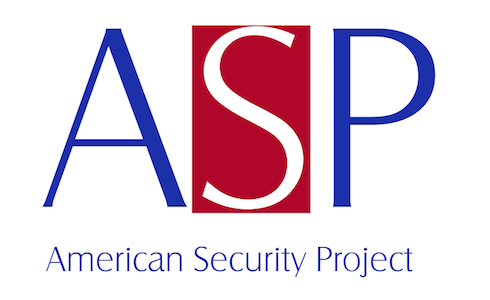
ASP: Congress Should Vote Against Repeal of Extractive Industry Disclosure Rules
[UPDATE, 2/3/2017: Both the House and Senate voted in favor of the resolution and the regulation will now be revoked.]
This week, both the House and Senate are scheduled to consider legislation under the Congressional Review Act to undo an SEC rule that requires extractive industries listed on American stock exchanges to disclose all payments made to foreign governments. This rule, enacted in July 2016, forces all companies engaged in mining, drilling, and other extractive industries to fight corruption by showing how much money they pay to foreign governments. This rule, mandated under Section 1504 of the 2010 Dodd-Frank bill, though delayed for years by lawsuits and SEC inaction, is important for transparency, and should be maintained. The American Security Project wrote a report about this rule, “Alleviating the Resource Curse” in 2015. ASP opposes repeal of this rule and urges Members of Congress to vote against passage of this legislation.
Finding natural resources like oil, gas, or minerals should be a boon to the people of the country where the resources have been found. Unfortunately, too many times, countries experience a “Resource Curse” where – instead of a boom that boosts incomes, GDP, and well-being – the value of natural resources are lost and people are left worse off. All too often, many of the benefits of a natural resource boom have only accrued to a well-connected elite, or have simply been stolen. Those countries where resource corruption thrives are inherantly unstable: a United Nations Environment Program (UNEP) study found that over the last 60 years, at least 40 percent of all civil conflicts around the world have been over natural resources (including high-value resources like timber, diamonds, gold and oil and scarce resources like arable land or water) – and these conflicts over natural resources are twice as likely to relapse. The best way to deal with this problem is with transparency.
That was why Senators Lugar and Cardin inserted an amendment to the 2010 Dodd-Frank legislation mandating disclosure. While oil, gas, and mining companies originally fought the rulemaking process, the final rule was at least seen as a good compromise that brought U.S. regulations up to the standards made by the EU, Norway, and other developed nations.
The legislation, H.J. Res. 41 — “Providing for congressional disapproval under chapter 8 of title 5, United States Code, of a rule submitted by the Securities and Exchange Commission relating to “Disclosure of Payments by Resource Extraction Issuers” would undermine crucial transparency initiatives and allow corruption to hide behind corporate secrecy. Members of Congress should vote against this legislation and maintain transparency in extractive industries around the world.
Andrew Holland, ASP’s Director of Studies, and author of the 2015 ASP report “Alleviating the Resource Curse” is available for comment and questions about this legislation.





